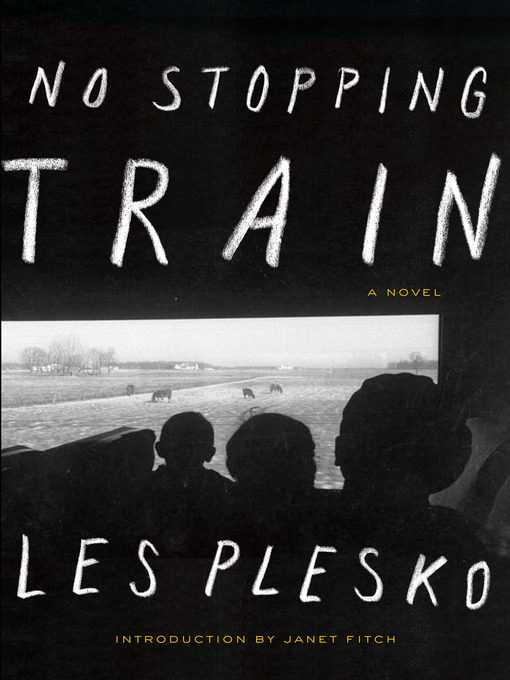The Hungarian Revolution of 1956 was a spontaneous nationwide revolt following World War II that spread quickly across the destabilizing country. A new government pledged to re-establish free elections until a large Soviet force invaded, killing more than 2500 Hungarians and forcing 200,000 Hungarians to flee the country. Mass arrests and denunciations continued for months until a new Soviet-installed government suppressed all opposition. Public discussion of this revolution was suppressed in Hungary for more than thirty years.
Although the revolution failed, it served as a source of great inspiration to many Hungarians, and here Les Plesko taps into his country’s history as the dramatic backdrop to his most accomplished and powerful novel. Sandor and Margit are young lovers suffering with their nation through the degradations of war, hunger, and political oppression in Budapest. Into their lives comes the mercurial Erzsebet – ravaged, war-torn, alluring. Their eventual love triangle upends an already tenuous existence and threatens what little safety they have found in a nation on the brink of revolution. When Sandor’s activities as an underground publisher are exposed in a vicious act of betrayal, the lives of each of our characters will never be the same.
No Stopping Train is a stylistic tour de force and the final work of Les Plesko.
-
Creators
-
Publisher
-
Release date
September 22, 2014 -
Formats
-
Kindle Book
-
OverDrive Read
- ISBN: 9781619024182
-
EPUB ebook
- ISBN: 9781619024182
- File size: 487 KB
-
-
Languages
- English
-
Reviews
-
Publisher's Weekly
November 10, 2014
A young couple navigates poverty and revolution in postwar Hungary in this dense, difficult, poetic novel by the late Hungarian-born writer Plesko (The Last Bongo Sunset). Margit and Sandor marry in 1946 and settle in Budapest. Sandor, fresh from service in the war, makes money forging papers, while Margit, who lost her father in the conflict, and her mother soon after, works as a seamstress. Tearing at the fabric of their marriage is Erzsébet, a woman whom Sandor rescued from a concentration camp and with whom he carries on an affair. Plesko whisks readers through the first 10 years of the couple's marriage as the country hurdles toward the 1956 revolution. In snapshot-like chapters that shift perspective, as well as mental letters from Margit "composed" after the revolution breaks out, we watch as the characters' lives, already dreary to begin with, deteriorate. Sandor's forgery lands Margit in a gulag, and as the revolution nears, a string of betrayals leads to injury, heartbreak, and death. While the dialogue is sometimes awkwardly aphoristic, one ultimately comes away seduced by Plesko's prose. -
Library Journal
Starred review from November 1, 2014
The writing world mourned last year's passing of Plesko (The Last Bongo Sunset) with an outpouring of admiration for his courage on the page. Refusing to edit his fiction for marketability, the author fought a lifelong battle to see his stories published. Here, the reader will find a masterwork in language and imagery while struggling to piece together the chaotic world of 1956 Hungary. Set during the Hungarian Revolution, the narrative follows the lives of Sandor, Margrit, and Erszebet, who are ensnared in a love triangle, even as they rationalize their own behavior within the double helix of hope and despair promised by the revolution. The novel is written in fragmented chunks, mirroring the shattered lives of each character while creating a narrative whole that hints at resolution without absolution. VERDICT Bearing the weight of his literary career, Plesko's long-awaited novel is a powerful meditation on his country's history and the expansiveness of humanity. Though fans of straightforward historicals will be flummoxed, serious readers of literary fiction will rejoice.--Joshua Finnell, Denison Univ. Lib., Granville, OH
Copyright 2014 Library Journal, LLC Used with permission.
-
Formats
- Kindle Book
- OverDrive Read
- EPUB ebook
subjects
Languages
- English
Loading
Why is availability limited?
×Availability can change throughout the month based on the library's budget. You can still place a hold on the title, and your hold will be automatically filled as soon as the title is available again.
The Kindle Book format for this title is not supported on:
×Read-along ebook
×The OverDrive Read format of this ebook has professional narration that plays while you read in your browser. Learn more here.


